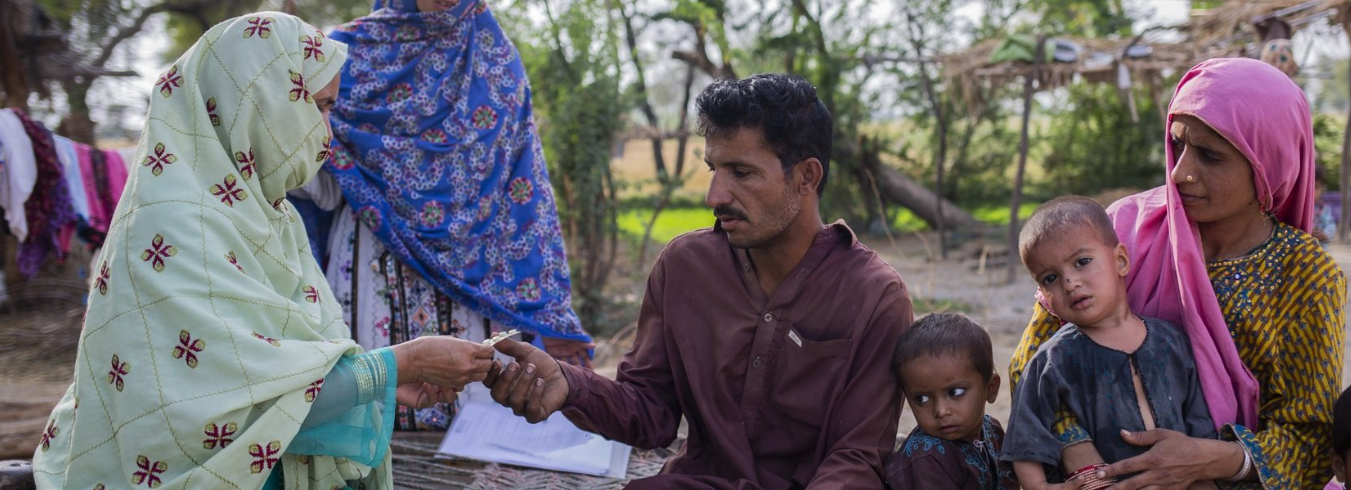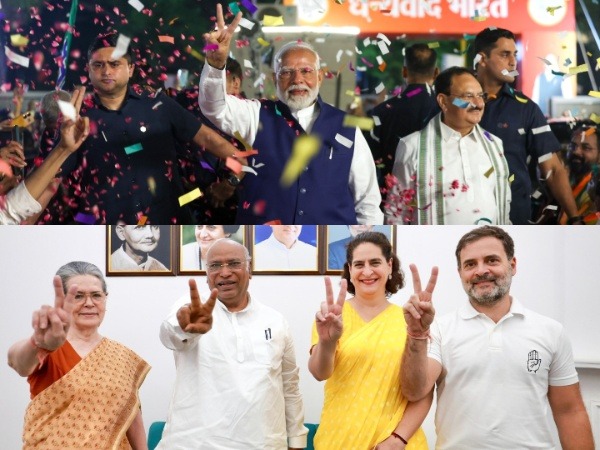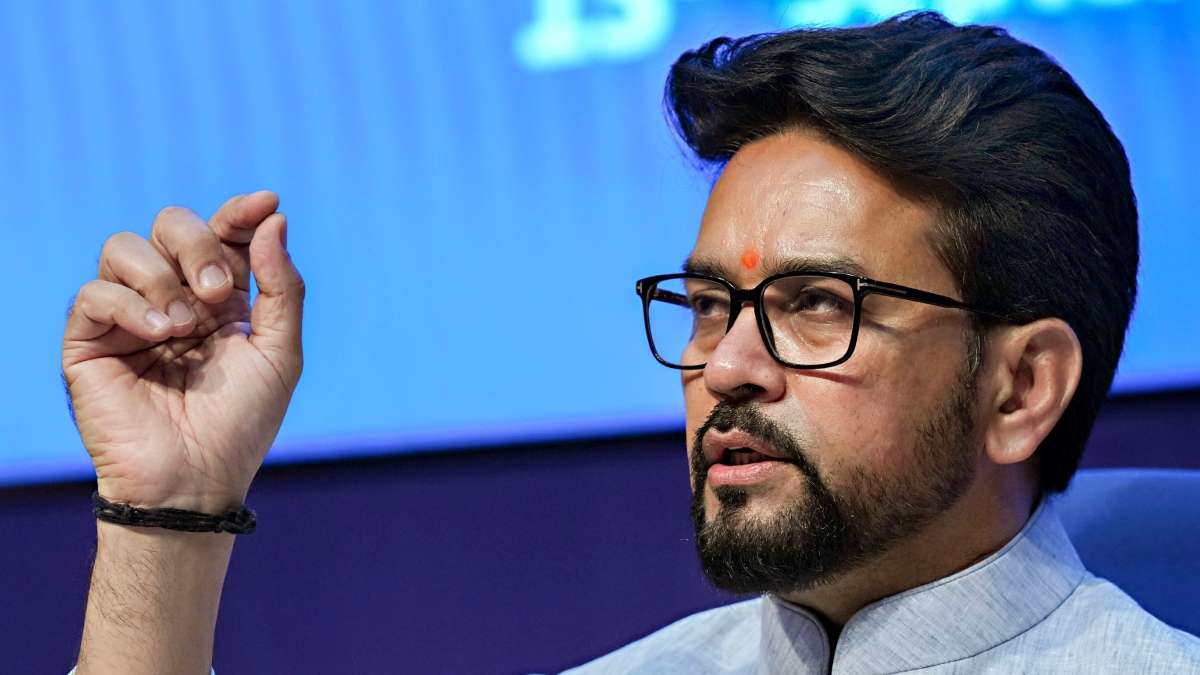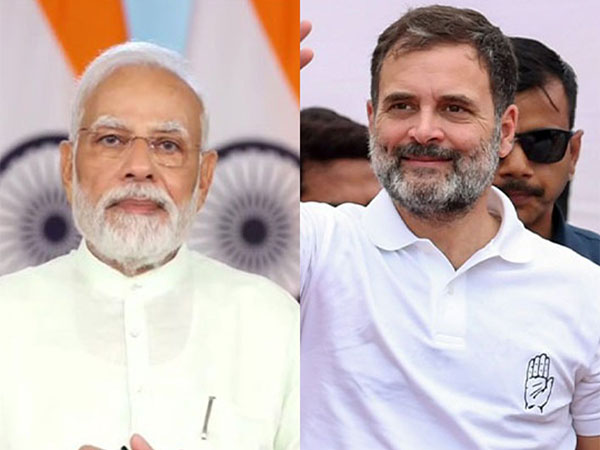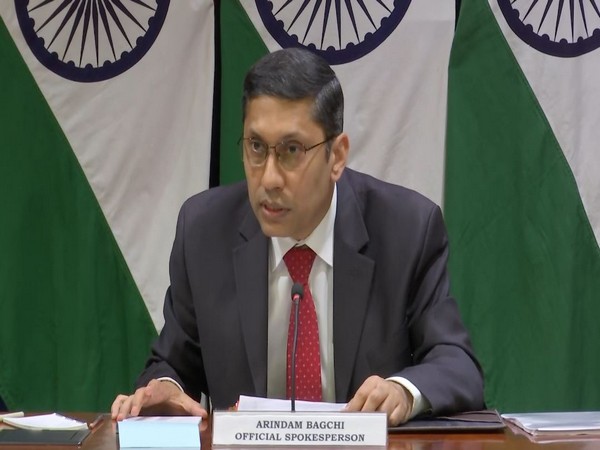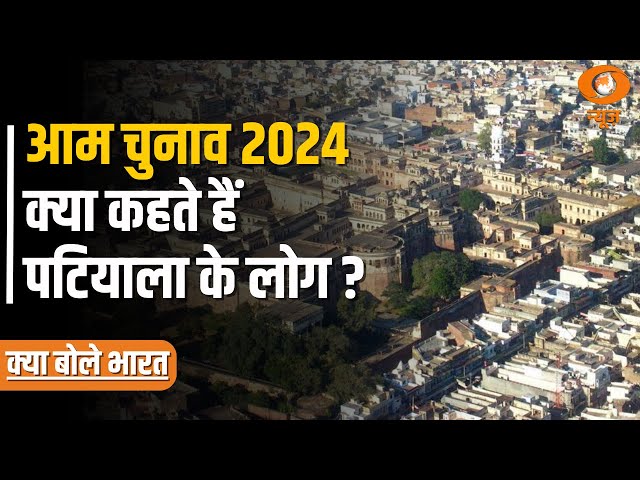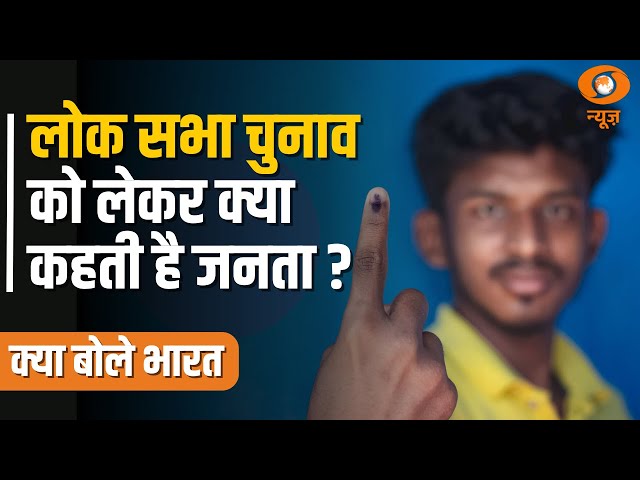The theme for this year, “Health for All: Time for Action,” aligns with India's ongoing efforts to ensure equitable access to essential health services without causing financial hardship.
Progress on Universal Health Coverage in India
The National Health Policy 2017 sets the vision for achieving the highest possible level of health without financial hardship. India's commitment to improving immunization coverage is evident through initiatives like Mission Indradhanush and Intensified Mission Indradhanush, aimed at reducing child mortality and morbidity.
The Pradhan Mantri Dialysis Program provides free dialysis services, and AMRIT outlets offer subsidized medicines. With over 1.33 lakh Ayushman Bharat – Health and Wellness Centres (AB-HWCs) operating as teleconsultation hubs, comprehensive primary care has become more accessible.
Telemedicine has gained prominence with e-Sanjeevani, saving kilometers per health visit and significant costs. The government's focus on universal screening of common non-communicable diseases and the Laqshya initiative for labor room quality improvement further demonstrate India's commitment to preventive and quality healthcare.
UHC Day 2023: Reflection and Action
As the world reflects on a decade of progress, challenges, and opportunities in advancing UHC, India stands as a beacon of commitment. The recent United Nations high-level meeting on UHC in September 2023 emphasized that UHC is central to achieving Sustainable Development Goals, recognizing healthy people as the cornerstone of healthy societies and economies.
Despite global challenges, the government’s two-pronged approach through Health and Wellness Centres (HWCs) and the Pradhan Mantri Jan Aarogya Yojana (PMJAY) has made quality healthcare accessible and affordable for millions.
At the G20 Leaders' Summit, India emphasized the importance of achieving universal health coverage and enhancing pandemic preparedness. The leaders recognized the role of evidence-based traditional and complementary medicine, highlighting the need for equitable access to medical countermeasures, including vaccines, especially in low- and middle-income countries.
-Ranu Jain









